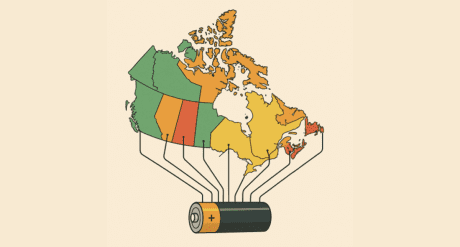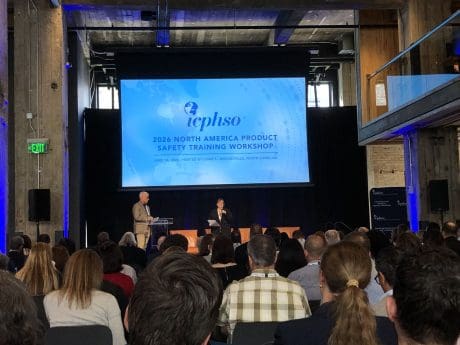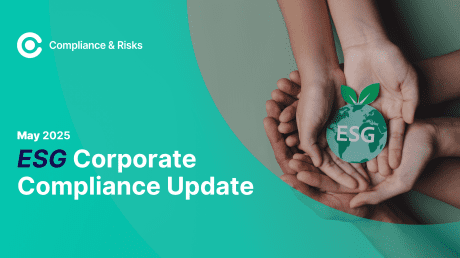
Ontario: Regulation for Recycling of Batteries Finalized


The regulation makes battery producers fully responsible for managing their products by transitioning the existing program for primary batteries under the Municipal Special or Hazardous Waste Program to Ontario Regulation 30/20.
“This transition will put in place a new framework that:
- makes individual battery producers responsible for the collection and end-of-life management of batteries they supply into Ontario
- will give battery producers more control over how they safely manage their batteries and improve environmental outcomes
New requirements for batteries
The regulation requires producers of primary and rechargeable batteries that weigh five kilograms or less, and are sold separately from products, to:
- establish free collection networks for consumers
- achieve management requirements through reduction, reuse and/or recycling activities
- provide promotion and education materials until the end of 2022 to increase consumer awareness
- register, report, keep records, and undertake audits related to management activities
The regulation makes individual producers legally responsible for meeting the requirements. However, to facilitate an efficient delivery model and allow for economies of scale, producers would have the flexibility to meet their obligations individually, or collaboratively with other producers, by retaining service providers. Most service providers (e.g. producer responsibility organizations, haulers, refurbishers and specified processors) will be required to register, report and keep records. Collectors are only required to keep records.”
Based on the feedback received through this consultation, the Ministry made the following changes in the below areas:
Designated materials:
- removed all regulatory requirements for large batteries, such as those used for automotive applications since these batteries are already managed through alternative collection and recycling channels
- removed all regulatory requirements for embedded batteries supplied with products since the intention is to regulate these batteries as part of the product through the electrical and electronic equipment regulation, which is in the process of being finalized
Responsible persons:
- added a second tier of small producer exemption (i.e. micro businesses) that combines both the weight-based exemption and number of employees to reduce the burden on very small producers
- added a “volunteer” brandholder who is not resident in Canada but who wants to take on the registration and reporting responsibility for Ontario-based importers and exporters and carry out collection, management and promotion and education activities
- this will reduce the number of obligated producers and allow flexibility for companies that are more closely connected to manufacturing batteries to be involved in their management
- should the volunteer brandholder fail to meet their obligations, the original producer (i.e. importer or marketer of the batteries) will become responsible
Collection requirements:
- added a requirement that producers must ensure all material collected in their network is sent to a registered refurbisher or processor and managed within three months of collection so that all collected batteries are managed in a timely and environmentally sound manner
Management requirements:
- aligned targets for primary and rechargeable batteries to the following since feedback indicated that the target for rechargeable batteries was too high:
- 40% in 2020-2023
- 45% in 2024
- 50% in 2025 and beyond
- made an adjustment for “best efforts” for the first two years for both categories of batteries, and then mandatory targets beginning in 2023, to give producers time to establish and adjust the collection and management systems needed to meet their mandatory targets
- reduced the mandatory collection thresholds for small municipalities, crown sites or First Nations from 2 tonnes to 1 tonne to reflect the fact that large batteries are no longer obligated
- increased the amount of batteries that can be used as aggregate (for road or other construction) from 5% to 15% to provide producer flexibility in meeting management targets, while still providing a cap on the amount of processed material that can be sent to this lower-value outcome
Promotion and education:
- added a requirement for producers to make best efforts to promote public awareness and participation in recycling/reuse activities in 2020-2022
- revoked the general promotion and education requirements as of 2023 as these actions are no longer necessary when the enforceable management targets come into effect
- removed the promotion and education and audit requirements related to sellers who apply a separate resource recovery charge in connection to the sale of batteries (e.g. separate visible “eco-fee” listed in an advertisement, invoice or receipt)
- consumer concerns regarding these charges can be addressed through consumer protection legislation
Compliance requirements:
- replaced third-party audit requirements for supply data with a flexible verification procedure that can rely on existing corporate attestations and tracking to reduce administrative burden
- made an adjustment so that producers only provide supply weight information starting with 2018 data, and that supply data will only be verified starting with reporting in 2022 to align with mandatory targets
- reduced third-party audit requirements for management activities to once every three years instead of annually to reduce administrative burden
- added provisions to exempt small processors from registration and reporting if they manage less than 300 tonnes of batteries per year in order to fulfill management requirements for producers
- information related to their processing will be reported to the Authority by either producers or producer responsibility organizations who are claiming that weight toward management targets
The regulation will be published in the Ontario Gazette on March 14. A related developing regulation, on recycling electrical and electronic equipment, is still being updated as a result of the consultation and will be posted to the registry when finalized.
Do you want to stay on top of battery regulations from around the globe? Sign up to our newsletter here.








